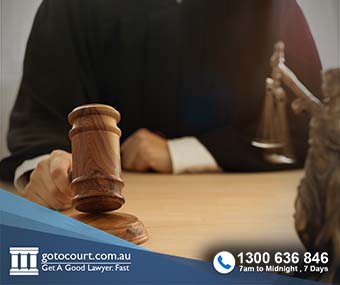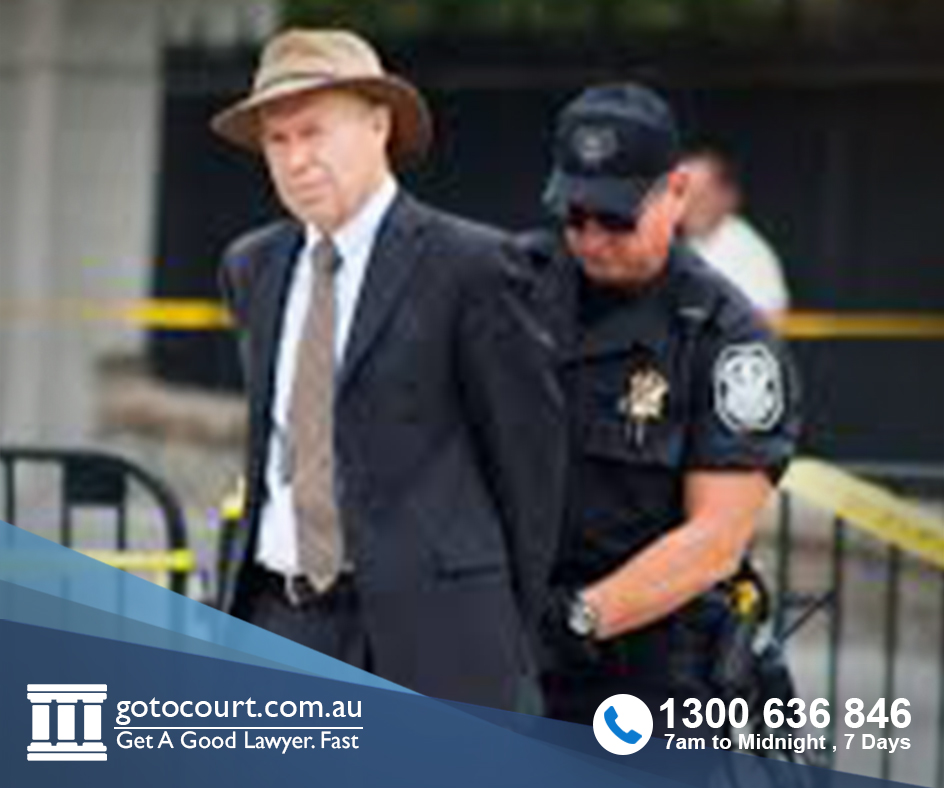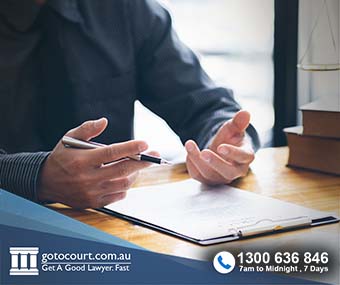Call our lawyers
now
or,
have our lawyers
call you
Applying for an Intervention Order in South Australia
Updated on Mar 27, 2023 • 4 min read • 335 views • Copy Link
Applying for an Intervention Order in South Australia
In South Australia, a person who fears personal violence or family violence from another person can apply for an intervention order restraining the other party from doing certain things. Intervention Orders in South Australia are governed by the Intervention Orders (Prevention of Abuse) Act 2009. This page deals with intervention orders in South Australia.
Who can apply for an Intervention Order in South Australia?
Under section 20 of the Intervention Order (Prevention of Abuse) Act 2009, the following people can apply to a court for an Intervention Order:
- A person who is seeking protection;
- The person’s representative;
- A police officer;
- An affected child.
If the affected child is under 14, a parent or representative will need to make the application on their behalf.
Court process
A person applies for an intervention order by filing an application with the local Magistrates Court, which allocates a date for the matter to be heard. The application is then served on the defendant.
If the defendant wishes to oppose the application, they must attend court to do so. If a defendant has been served with the application but does not attend court, the court will usually make the order in their absence.
If the defendant attends court and opposes the order, the court will set the matter down for a contested hearing at a later date. On that day, the court will hear evidence from both parties and decide whether to make the order.
The court may make an interim order to remain in force until a decision is made about the final order if it considers that there are grounds for doing so.
Conditions
Under section 12 of the Intervention Orders (Prevention of Abuse) Act 2009, an order can impose one or more of a range of conditions. These conditions include:
- That the defendant is prohibited from being on certain premises;
- That the defendant is prohibited from approaching or contacting the protected person;
- That the defendant must return specified personal property to the protected person.
An order can also extend these protections to another person who lives with the protected person, such as their child.
An Intervention Order may also require a defendant to undertake an intervention program. An intervention program manager will assess the defendant to determine if they are suitable for the program.
How long do Intervention Orders in South Australia last?
The Intervention Orders (Prevention of Abuse) Act 2009 does not state how long an Intervention Order lasts for. An order remains in force until it is cancelled or varied by a court.
If circumstances have changed and you want to have an Intervention Order amended or cancelled, you should speak to a solicitor about applying to vary the order. If the police obtained the order on your behalf, you should speak to a police officer.
What happens if the defendant breaches an Intervention Order?
Although Intervention Orders in South Australia are civil matters, the breach of an order is a serious criminal offence under section 31 of the Intervention Orders (Prevention of Abuse) Act 2009 and can result in a fine or imprisonment. The maximum penalties that apply for breach intervention order offences are set out in the below table.
| Offence | Maximum penalty |
|---|---|
| Basic Offence (first offence) | Imprisonment for 3 years |
| Aggravated offence (first offence) | Imprisonment for 5 years |
| Basic offence (second or subsequent offence) | Imprisonment for 7 years |
| Aggravated offence (second or subsequent offence) | Imprisonment for 10 years |
| Breach of a condition relating to an assessment program | Fine of $2000 or imprisonment for 2 years |
Urgent situations
If you feel your safety is under immediate threat, you should contact the police urgently on 000.
A police officer who is called out to an incident can issue an interim Intervention Order if they believe there are reasonable grounds for doing so and the defendant is present. An interim Intervention Order is temporary and remains in force until the matter goes to court and a magistrate can decide whether to make a final order.
If you require legal advice or representation in any legal matter, please contact Go To Court Lawyers.


Affordable Lawyers
Our Go To Court Lawyers will assist you in all areas of law. We specialise in providing legal advice urgently – at the time when you need it most. If you need a lawyer right now, today, we can help you – no matter where you are in Australia.How It Works








1. You speak directly to a lawyer
When you call the Go To Court Legal Hotline, you will be connected directly to a lawyer, every time.


2. Get your legal situation assessed
We determine the best way forward in your legal matter, free of charge. If you want to go ahead and book a face-to-face appointment, we will connect you with a specialist in your local area.


3. We arrange everything as needed
If you want to go ahead and book a fact-to-face appointment, we will connect you with a specialist in your local area no matter where you are and even at very short notice.







